Do snails and slugs eat tomatoes in the garden? This is a question that many gardeners have. It’s important to understand the answer so that you can protect your plants from harm. In this article, we’ll cover all of the details about how snails and slugs interact with tomatoes in your garden.
Will Snails And Slugs Eat Tomato Plants?
The answer to this question is yes, snails and slugs will eat tomato plants. This can be a problem for gardeners because it can lead to damage of the plant or even complete destruction. Snails and slugs usually feed on the leaves and stems of the tomatoes, leaving holes in them. They may also eat small amounts of the fruit itself.[1]
Understanding The Life Cycle Of Mollusks
To better understand why snails and slugs may be attracted to your tomato plants, you should have some basic knowledge of the mollusk life cycle.
They go through four stages during their lives: egg, larva, juvenile, and adult.The eggs are laid by an adult mollusk. A few days later, the egg hatches and a larva emerges. The larva looks like a small slug-like creature that will feed on plants in your garden. After a few weeks, it will go through metamorphosis and transform into an adult snail or slug.
How to prevent slugs and snails from eating tomato plants
Coffee Grounds
One way to protect your tomato plants from snails and slugs is to sprinkle coffee grounds around them.
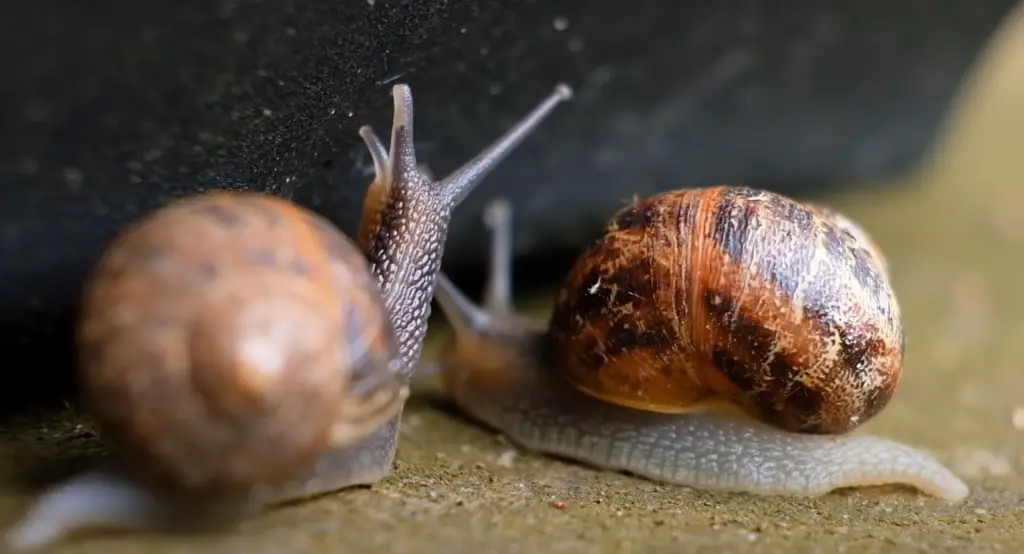
The caffeine in the coffee is a natural repellent for mollusks, so they will avoid areas where it has been spread.[3]
Use gravel or mulch
Another way to protect your tomato plants from snails and slugs is to use gravel or mulch. Snails and slugs don’t like crawling over these surfaces, so you can create a barrier around the plants that will keep them away.
Build Snails And Slugs Traps
You can also build traps to catch snails and slugs that are already in your garden. These traps usually involve a container filled with beer or water, which the mollusks are attracted to and then drown in it.
Use Natural Predators
You can use natural predators to keep snails and slugs away from your tomato plants. Toads, snakes, and birds are all known to feed on mollusks, so attracting them to the area can help protect your plants.[3]
Use Copper Tapes
Another way to protect your tomato plants from snails and slugs is to use copper tapes. The copper tape creates a barrier that the mollusks can’t cross, so it serves as an effective deterrent.
Handpick The Pesky Pests
If you have a serious infestation of snails or slugs in your garden, you can handpick them from the plants. This can be labor-intensive but is an effective way to get rid of these pests.
Companion Planting
Finally, you can use companion planting to repel snails and slugs from your tomato plants. Certain plants such as garlic, onions, and rosemary are known to deter mollusks, so planting them near the tomatoes can help keep them away.
Use crushed egg shells
Another way to deter mollusks from your tomato plants is to use crushed egg shells.
Improve the soil with compost
Improving the soil with compost is another way to deter snails and slugs from your tomato plants. Compost creates a healthy environment for beneficial bacteria and insects that feed on mollusks, creating an unfavourable environment for them.
Use a beer trap
You can also set up a beer trap to attract and drown snails and slugs in your garden. This involves setting up a shallow container of beer near the tomato plants, which will lure them in. The mollusks will then become trapped and eventually drown in the beer.
Other ways to deter slugs and snails
There are other ways to deter snails and slugs from your tomato plants. You can spread diatomaceous earth around the plants, use sticky traps, or even use copper tape on your pots.
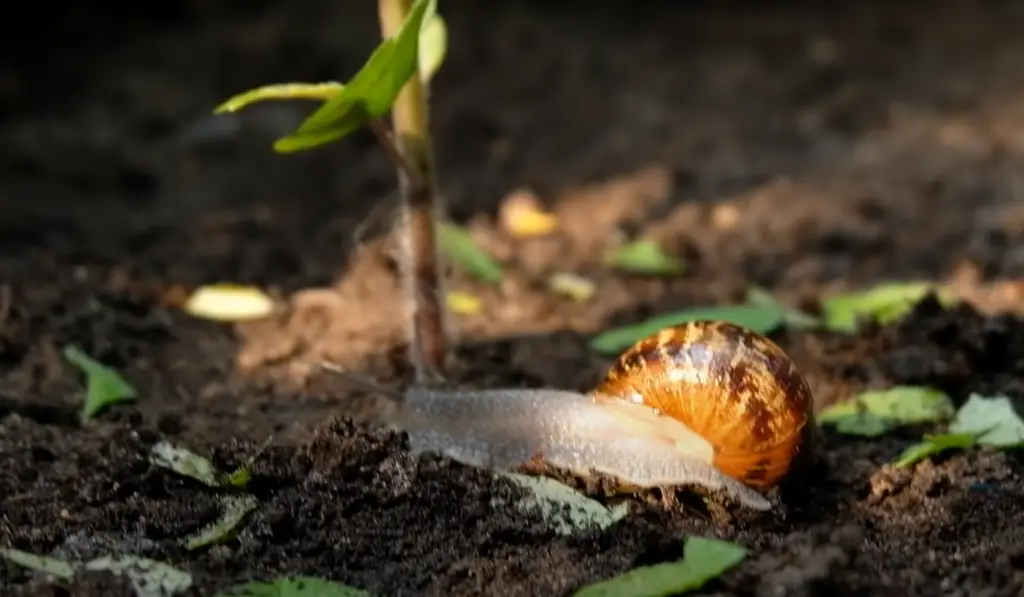
These are all effective methods of keeping snails and slugs away from your tomatoes. By understanding their life cycle and using the right techniques, you can protect your plants from these pests and enjoy a healthy harvest.[2]
Plants Mollusks Hate
In addition to the methods mentioned above, you can also use plants that mollusks hate. Some of these include lavender, rosemary, and mint. You can plant them around your tomato plants as a natural deterrent to keep snails and slugs away.
Another good option is to add garlic or onion clippings near the base of the plants. Mollusks don’t like the smell of these plants and will avoid them as a result.[4]
Do slugs bother tomato plants?
In short, yes, slugs can be a problem for tomato plants. They can feed on the leaves and stems of the plants, causing damage and even complete destruction. Fortunately, there are several ways to protect your tomato plants from these pests, such as using coffee grounds, mulch or gravel, natural predators, copper tape and creating beer traps. In addition to this, you can also use companion planting and plants that mollusks hate to create an environment that is unfavourable for them. With the right techniques, you can protect your tomato plants from slugs and enjoy a healthy harvest.
What Plants Do Slugs Not Eat?
Onions and Garlic
Onions and garlic are two plants that slugs don’t like. The strong smell of these plants is off-putting to them, so they will avoid them if possible.
Mint
Mint is another plant mollusks hate. It has a strong scent that they find unpleasant, so it can be used to repel them from the area.[1]
Lavender
Lavender is a popular plant for deterring mollusks, and with good reason. Its strong scent makes them uncomfortable and they will avoid areas where lavender is planted.
Lamb’s Lettuce
Lamb’s lettuce, or mâche, is another plant that slugs don’t like. Its texture is unappealing to them and they will avoid it if possible.
Celery
Celery is another plant that mollusks don’t like.
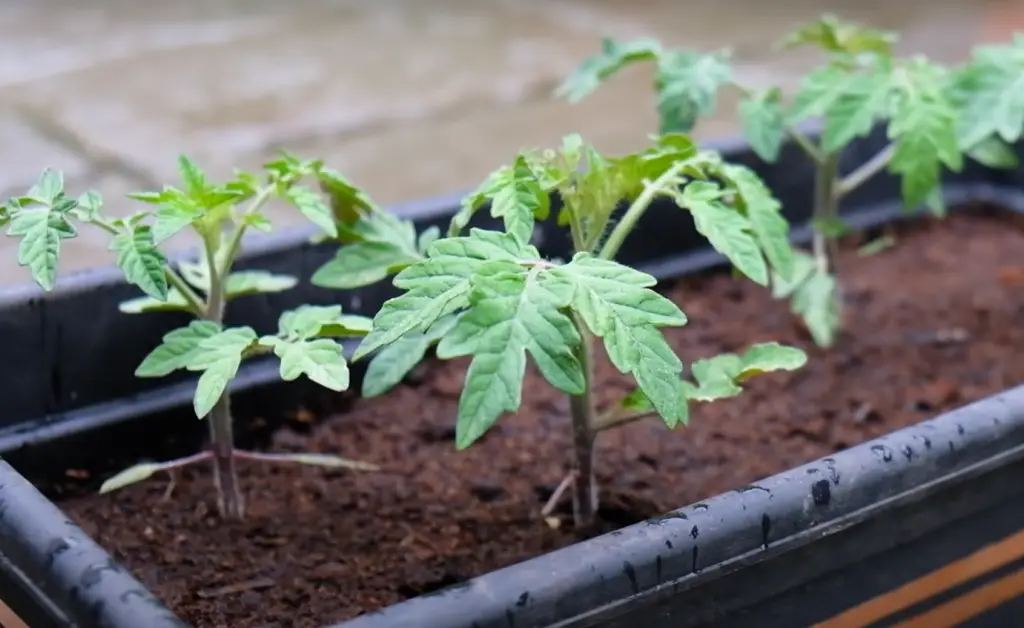
The strong smell and texture make it unpleasant for them, so they will steer clear of areas where celery has been planted.
FAQ
Will snails eat tomatoes?
Yes, snails can eat tomatoes. They will feed on the leaves and stems of the plant, as well as the fruit itself. As such, it is important to take steps to protect your tomato plants from these pests.
Which vegetables are not eaten by slugs?
Slugs don’t like onions, garlic, mint, lavender, lamb’s lettuce, or celery. Planting these around your tomato plants can help deter mollusks and protect your tomatoes from harm.
What do slugs hate most?
Slugs hate strong smells, such as garlic and onions. They also don’t like rough textures, so plants like lamb’s lettuce can be effective at deterring them from the area.
What kills slugs naturally?
There are several natural ways to kill slugs, such as using coffee grounds, mulch or gravel, attracting natural predators (such as chickens and ducks), creating beer traps, or using copper tape on pots. In addition to this, companion planting and plants that mollusks hate can help create an environment that is unfavourable for them.
What kills slugs instantly?
The most effective way to kill slugs instantly is by picking them off the plants and disposing of them. This can be labor-intensive, but it is an effective way to get rid of mollusks quickly.
Does garlic stop slugs?
Yes, garlic can be used to deter mollusks from your tomato plants. The strong scent of garlic makes them uncomfortable and they will avoid areas where it has been planted. You can also use onion and rosemary for similar effects.
What is poisonous to snails?
Snails can be poisoned by certain chemicals, such as copper. Copper products, like copper tape and copper mesh, are often used in gardens to keep mollusks away from plants. You can also use salt or vinegar to deter them, although these may damage the soil.
Useful Video: Identify Snail and Slug Damage on Tomatoes & Peppers: Keep a Journal, Iron Phosphate, Prevention
Conclusion
Do snails and slugs eat tomatoes in the garden? Yes, they do. Fortunately, there are several ways to protect your tomato plants from these pests.
You can use coffee grounds, mulch or gravel, attract natural predators (such as chickens and ducks), create beer traps, or use copper tape on pots. In addition to this, companion planting and plants that mollusks hate can help create an environment that is unfavourable for them.
By understanding their life cycle and using the right techniques, you can protect your plants from these pests and enjoy a healthy harvest. With the right knowledge and tools, you can ensure your tomatoes are safe from snails and slugs. Good luck!
References:
- https://www.gfloutdoors.com/do-slugs-and-snails-eat-tomato-plants-yes-heres-how-to-stop-them/#
- https://www.fallsgarden.com/do-snails-and-slugs-eat-tomatoes/
- https://ecofamilylife.com/garden/do-slugs-eat-tomato-plants/
- https://www.pestsbanned.com/slugs/do-slugs-eat-tomato-plants/





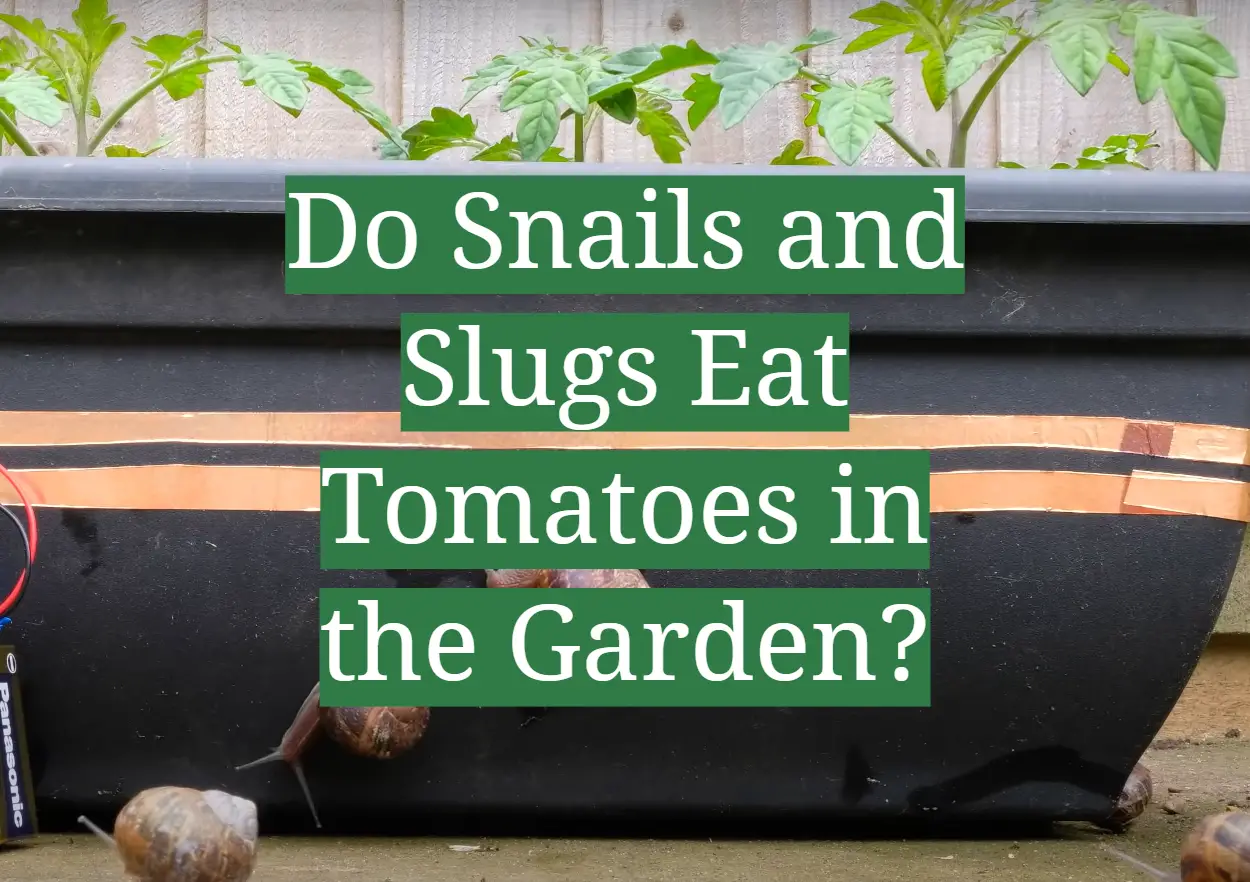
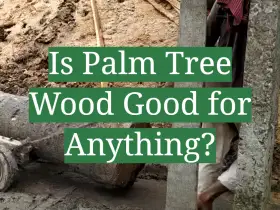
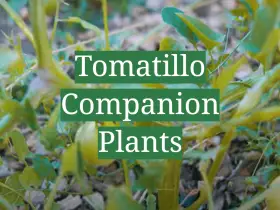
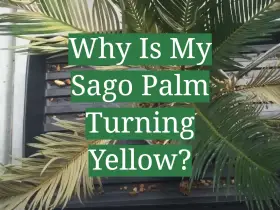
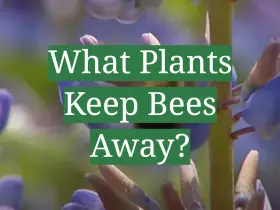
Leave a Reply
View Comments